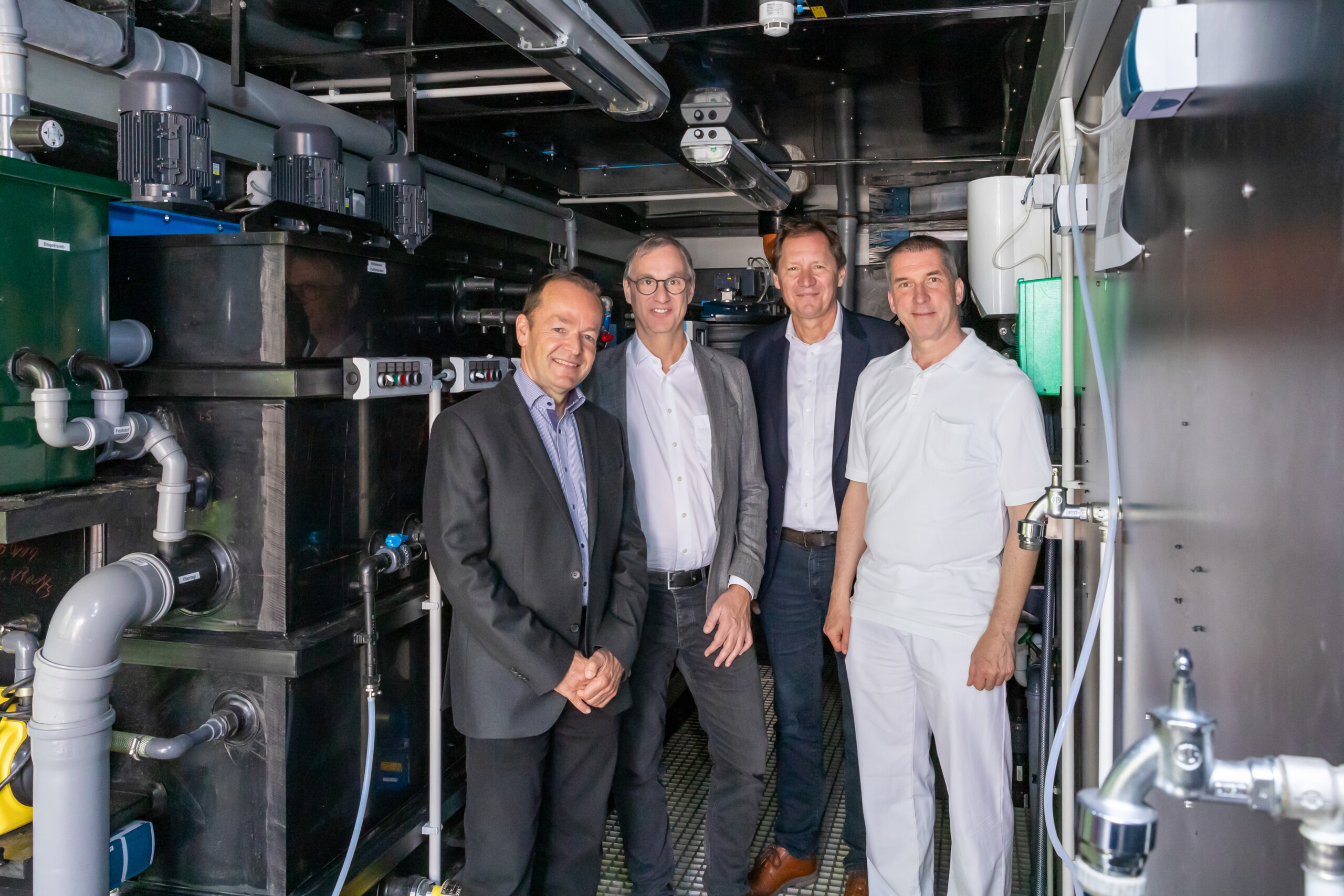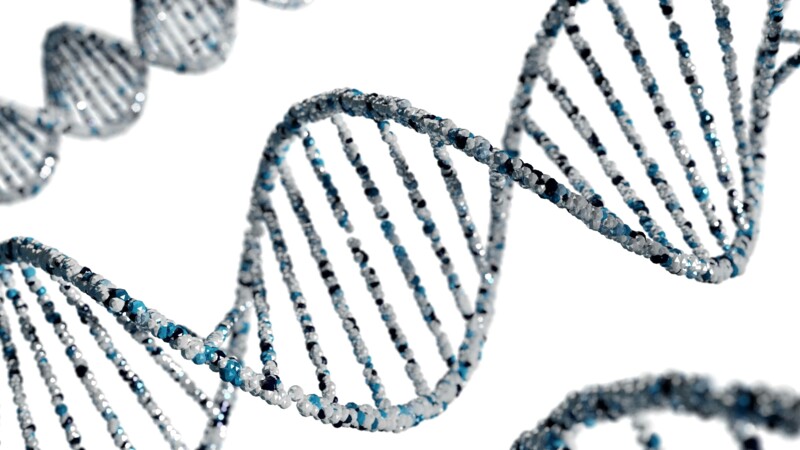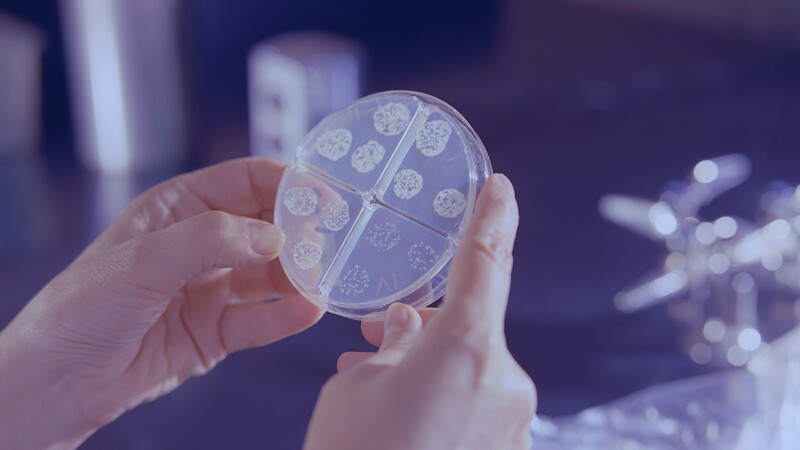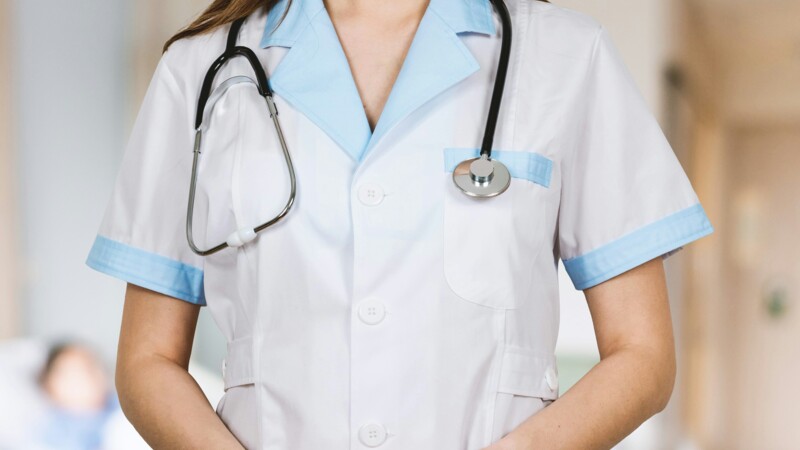The researchers investigated how residues of medicines, germs and other micropollutants can be filtered out of hospital wastewater for over two and a half years. Biological purification using microorganisms was compared with technical processes such as membrane filtration or treatment with activated carbon. The study shows that all tested treatment options retain trace substances significantly better than biological treatment alone. The UKE also investigated the behaviour of multi-resistant pathogens in hospital wastewater.
The University Hospital Hamburg-Eppendorf (UKE), Hamburg Wasser and the Hamburg University of Applied Sciences (HAW Hamburg) have completed a research project on removing medication residues from wastewater, a press release said Monday (April 28, 2025). The results should help upgrade Hamburg's wastewater treatment plant.
UKE tests technical procedures for residues

Fighting microplastics and antibiotic-resistant bacteria
"The findings of the research project show impressively what can be achieved with the various technical solutions. Promising new approaches such as nano-filtration can retain pharmaceutical residues, microplastics and antibiotic-resistant bacteria at the same time," said Jörn Einfeldt, a representative of the Pharm Cycle research group at HAW Hamburg. The results of the study are being incorporated into plans to upgrade Hamburg's wastewater treatment plant by adding a fourth treatment phase.
yes/sb/pb
Sources and further information
More
Similar articles

€10.2 million for research in Hamburg

LSN cluster aiming for European leadership

EUR 1.9 million for water research project
